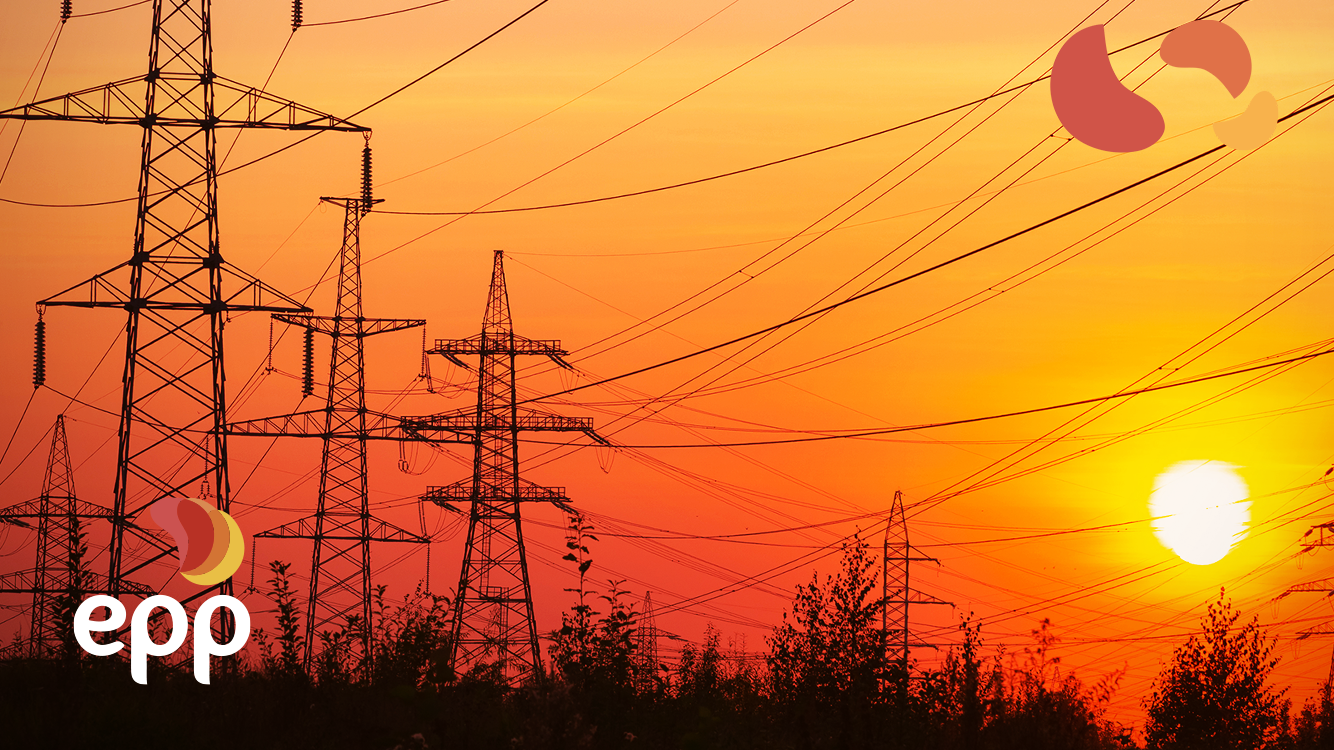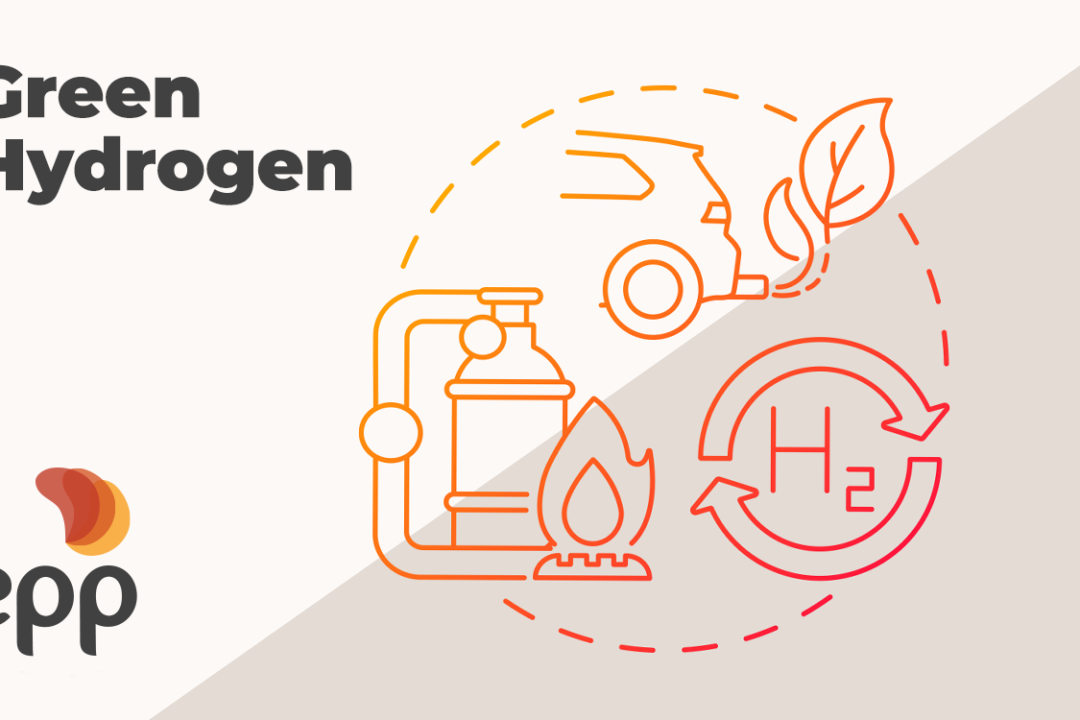Who regulates the energy market in the country? Get to know the energy sector regulators in Brazil and understand the role of each one of them.
Currently, more than 30% of the energy consumed comes from the free energy market. With the sector’s growth trend, especially in 2020 and 2021, it is necessary that some regulatory agents act in the market to ensure that all energy traded follows the technical and safety standards required in the operations.
In addition to technical requirements, regulators also act to safeguard the legal security of companies participating in the transactions. They can even apply punishments for those who do not follow the prescribed rules. Better understand the role of each one!
Regulators of the Free Energy Market
Ministry of Mines and Energy (MME)
The Ministry of Mines and Energy (MME) was created in 1960 and among the main responsibilities of the Minister of Mines are the coordination of the National Energy Policy Council (CNPE) and the Electric Sector Monitoring Committee (CMSE).
In addition, the MME has four secretariats that propose specific guidelines in their areas: Secretariat of Petroleum, Natural Gas and Biofuels; Secretariat of Geology, Mining and Mineral Transformation; Electric Energy Secretariat and Energy Planning and Development Secretariat.
National Energy Policy Council (CNPE)
The CNPE is chaired by the Minister of State for Mines and Energy and has the function of advising the President of the Republic on the formulation of energy policies and guidelines. Thus, the measures created by the Council refer to the promotion of the rational use of energy resources, periodic review of the energy matrices applied in each region of the country and establishment of guidelines for the use of natural gas, coal, thermonuclear energy, biofuels, solar energy and wind and other alternative sources.
Electric Sector Monitoring Committee (CMSE)
The CMSE is responsible for permanently monitoring and evaluating the continuity and safety of electricity supply throughout the territory. Created in 2004, the committee is responsible for monitoring the development of activities related to generation, transmission, distribution, commercialization, import and export of energy, natural gas and derivatives.
In addition, the CMSE is concerned with the demand, offers and quality of energy inputs, as well as identifying technical, environmental and commercial obstacles that may affect the regularity and security of supply and service.
Energy Research Company (EPE)
The Energy Research Company aims to provide services to the Ministry of Mines and Energy in the area of studies and research to support the planning of each sector, identifying the demand for energy, oil, gas and renewable sources.
In addition to participating in discussions concerning the energy sector, the company is involved in the creation of National Energy Plans. These plans analyze which fields are important to invest in and which are the best matrices for sustainable energy development in the long term.
National Electric Energy Agency (ANEEL)
Created in 1996, ANEEL is responsible for regulating government policies and guidelines. It regulates the rules for the exploration and use of electric energy services by sector agents, consumers (from the captive and free market), independent producers and self-producers.
Thus, it is responsible for regulating the production, transmission, distribution and sale of energy. In addition, it must inspect state agencies, concessions and service permits directly or via agreement; it must also implement federal government policies and guidelines relating to the exploration and exploitation of hydraulic potentials, as well as establishing tariffs and settling administrative differences between agents and consumers.
Electric Energy Commercialization Chamber (CCEE)
CCEE was created in 2004 with the purpose of regulating the commercialization in the Brazilian Energy Market. Thus, the Commercialization Chamber is responsible for regulating negotiations both in the Regulated Contracting (ACR) and in the Free Contracting (ACL) environment.
To ensure reasonable tariffs, auction regulation models were instituted. CCEE works in a complementary way with ANEEL and with the National Electric System Operator. ONS is responsible for the operation of the generation and transmission installation of the interconnected systems.
Now that you have a better understanding of the role of energy market regulators, how about reading this content that shows how ACL is boosting energy consumption?





